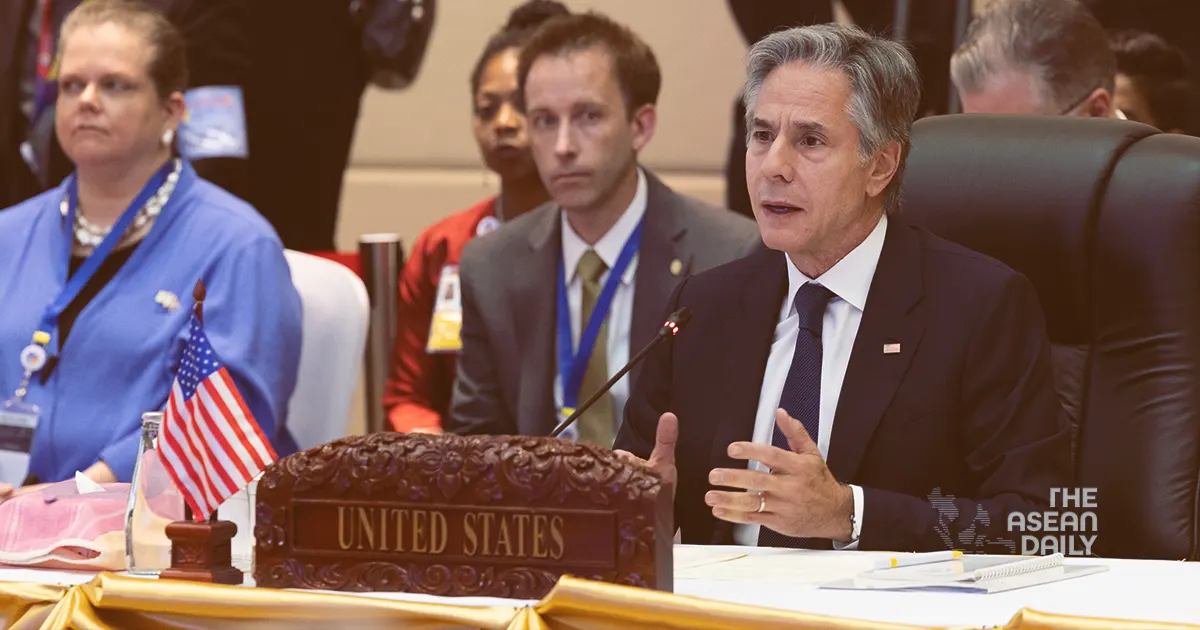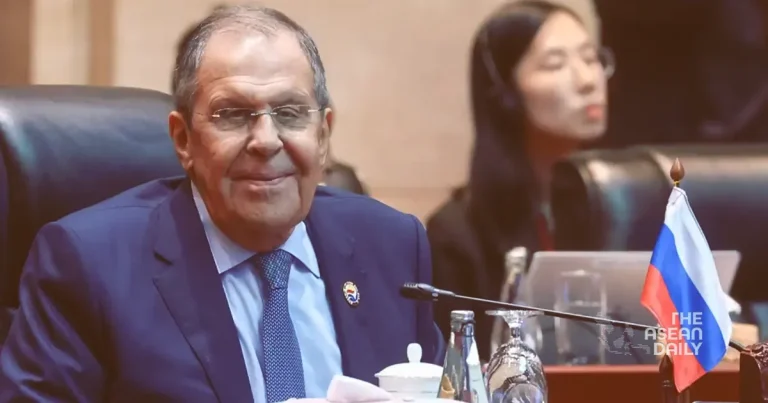16-10-2024 (VIENTIANE) The recent East Asia Summit (EAS) in Vientiane, Laos, has sparked concerns over the Association of Southeast Asian Nations’ (Asean) ability to maintain neutrality in regional affairs. The unprecedented move by Russia and China to block a statement drafted by Southeast Asian countries has highlighted growing tensions within the forum and raised questions about Asean’s future role in regional diplomacy.
The draft statement, which had garnered support from the United States, Japan, Australia, South Korea, and India, was rejected by Russia and China primarily due to language concerning the disputed South China Sea. This development marks a significant shift in the dynamics of the EAS, which has served as a platform for discussing security, economic, and development issues since its inception in 2005.

Alexander Vuving, a professor at the Asia-Pacific Centre for Security Studies in Hawaii, described the incident as indicative of “an unprecedented level of Sino-Russian solidarity in opposition to Asean unity”. The coordinated action by these two major powers has sent ripples through diplomatic circles, prompting a reassessment of Asean’s position in navigating complex regional issues.
Joanne Lin Weiling, an associate senior fellow at the ISEAS-Yusof Ishak Institute in Singapore, warned of a growing divide within the EAS. “What we are witnessing is the erosion of the EAS as major power rivalries increasingly shift it from a platform for dialogue to one dominated by competition and confrontation,” Lin stated. This shift threatens not only Asean’s neutrality but also its influence in shaping regional affairs.
The incident has raised doubts about the EAS’s ability to serve as a tool for advancing Asean’s Outlook on the Indo-Pacific, an initiative aimed at fostering closer cooperation between Asean and its external partners. Lin emphasised that this episode should serve as a lesson for Asean in “highlighting the importance of resisting external pressures and managing tensions more effectively to remain relevant”.

The fallout from the EAS may lead to a reevaluation of Asean’s decision-making model, which is based on consensus. Prem Singh Gill, a visiting scholar at the Muhammadiyah University of Yogyakarta, suggested that one potential outcome could be the emergence of issue-based coalitions within Asean, such as a “maritime bloc” comprising Vietnam, the Philippines, and other South China Sea claimant states.
Despite these challenges, recent developments in Vietnam-China relations demonstrate the complex nature of regional diplomacy. Just days after the EAS, Vietnam and China signed ten cooperation agreements during Chinese Premier Li Qiang’s visit to Hanoi. This occurred despite recent tensions over maritime incidents in the South China Sea, highlighting China’s approach of separating territorial disputes from broader bilateral relations.
As Asean navigates these turbulent diplomatic waters, the bloc faces the challenge of maintaining its relevance and unity. The recent events at the EAS serve as a stark reminder of the delicate balance Asean must strike between major powers while safeguarding its own interests and those of its member states.




